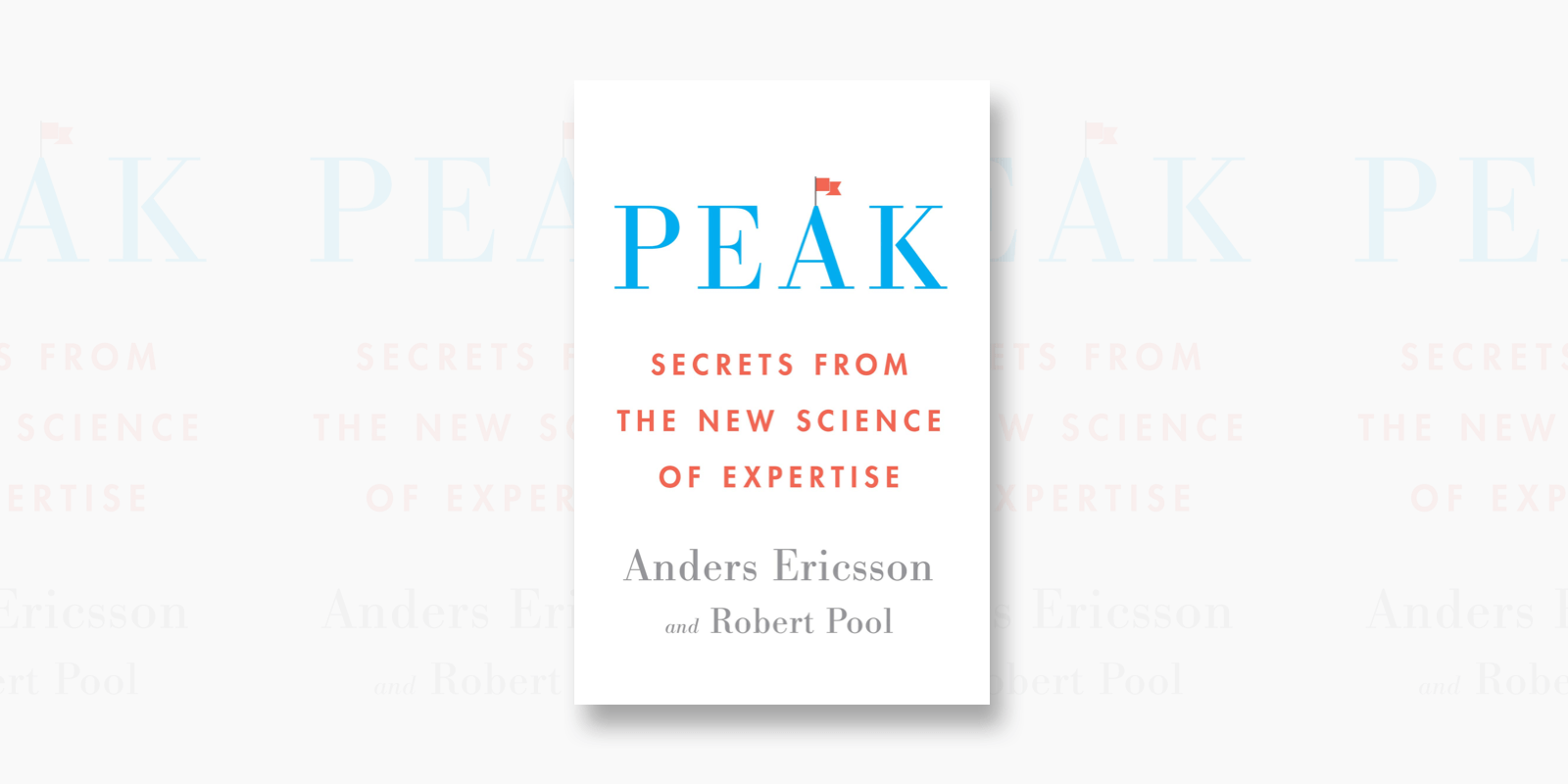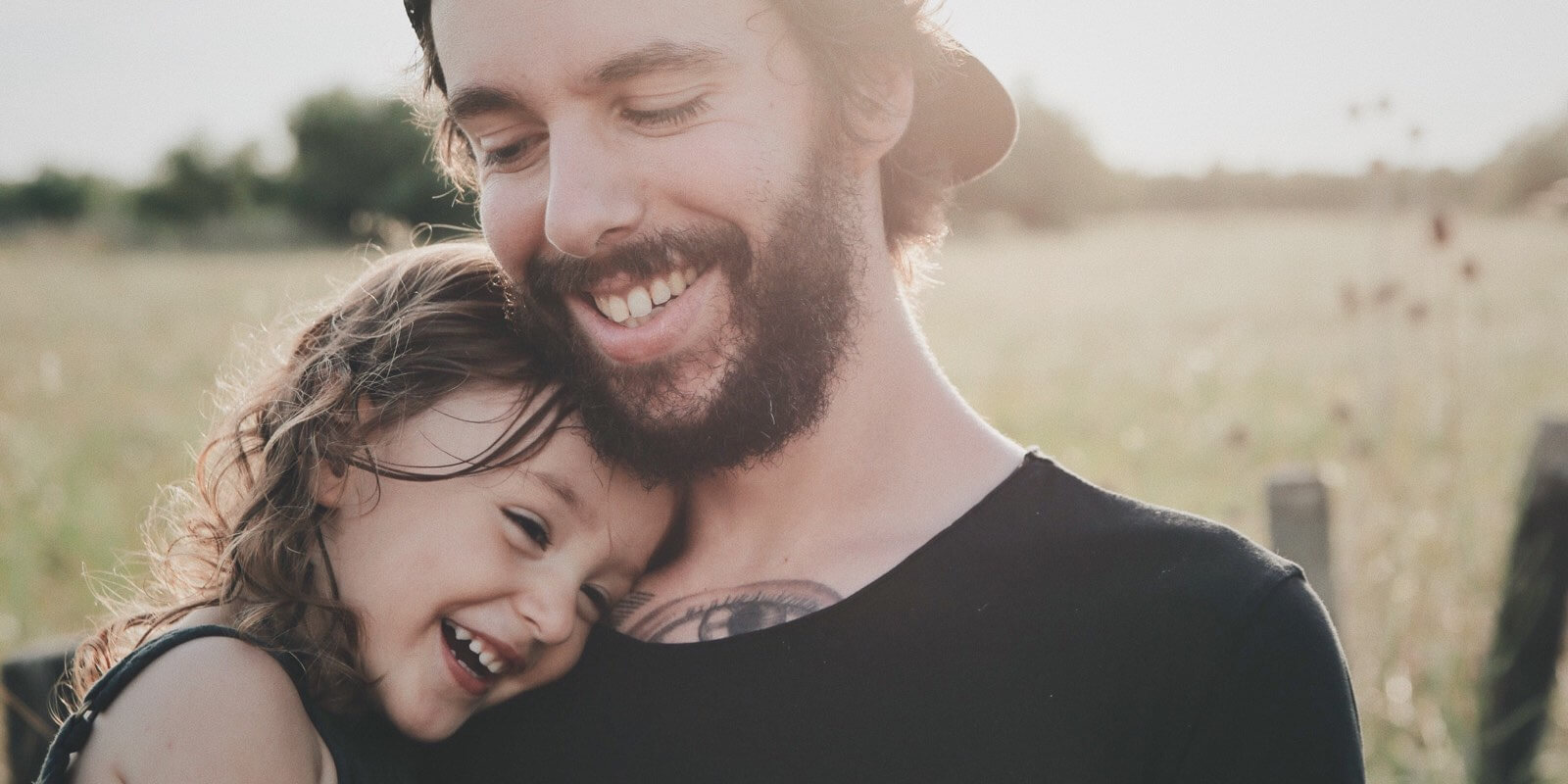A brief, practical summary of Peak by Anders Ericsson.
The Big Idea
Innate talent has surprisingly little to do with achieving mastery in any skill or endeavor; instead, it’s the ability and willingness to engage in Deliberate Practice, often from a young age.
The Tiny Summary
Peak is a comprehensive overview of expertise researcher Anders Ericsson’s decades-long research program on what it takes to achieve mastery and excellence in any domain. The answer is Deliberate Practice, a highly specific and rigorous approach to training that involves constant pushing of one’s abilities, full attention and focus, and critical and immediate feedback from an expert coach or instructor. The book covers what Deliberate Practice is, why it is essential for the achievement of high-level performance, and how it can be applied by anyone toward the development of nearly any skill they desire.
Core Ideas and Techniques
- Naive Practice vs Purposeful Practice vs Deliberate Practice
- Why effective Mental Representations are the key to Deliberate Practice and mastery
- The importance of Solitary Practice
- Why a good coach is the most important investment anyone can make when it comes to improving their performance.
- How the best performers in the world harness the power of Adaptive Thinking
- The Willpower Myth
- The ideal length for practice sessions
- The Myth of Innate Talent
- The surprising relationship between IQ and expertise
Selected Quotes
- No matter what the field, the most effective approaches to improving performance all follow a single set of general principles. We named this universal approach “deliberate practice.”
- If you never push yourself beyond your comfort zone, you will never improve.
- What sets expert performers apart from everyone else is the quality and quantity of their mental representations.
- At its core, Deliberate Practice is a lonely pursuit.
- Creativity goes hand in hand with the ability to work hard and maintain focus over long stretches of time.
- We humans are most human when we’re improving ourselves.
- The most important gifts we can give our children are the confidence in their ability to remake themselves again and again and the tools with which to do that job.




